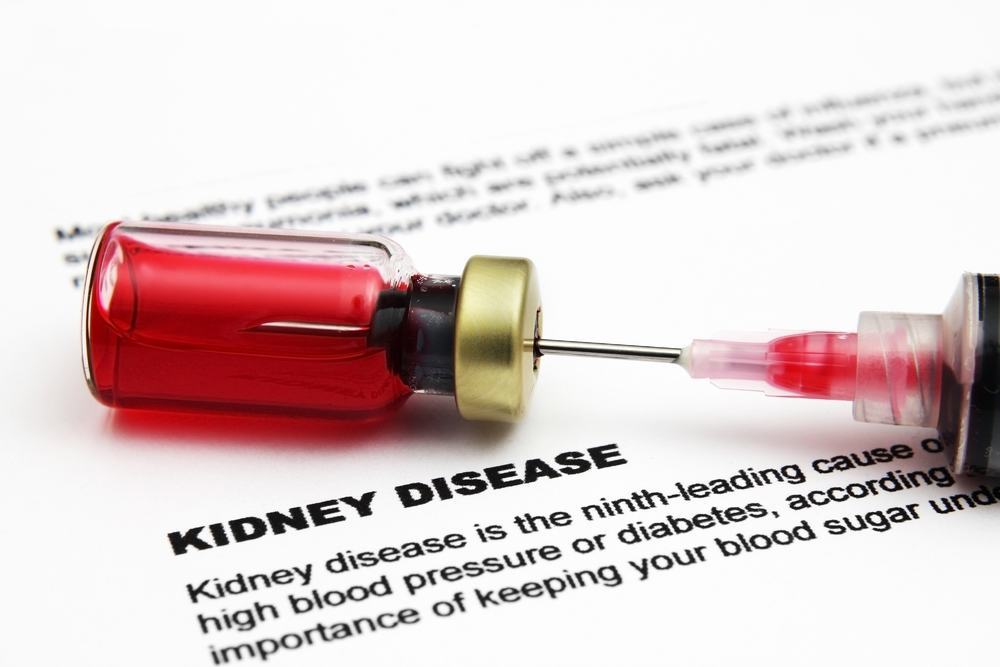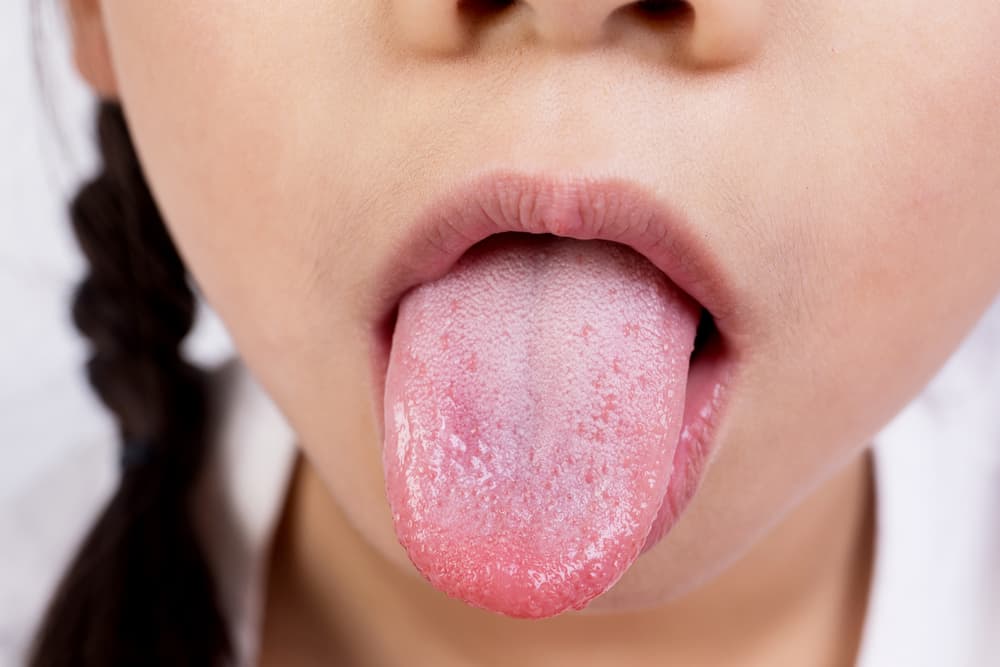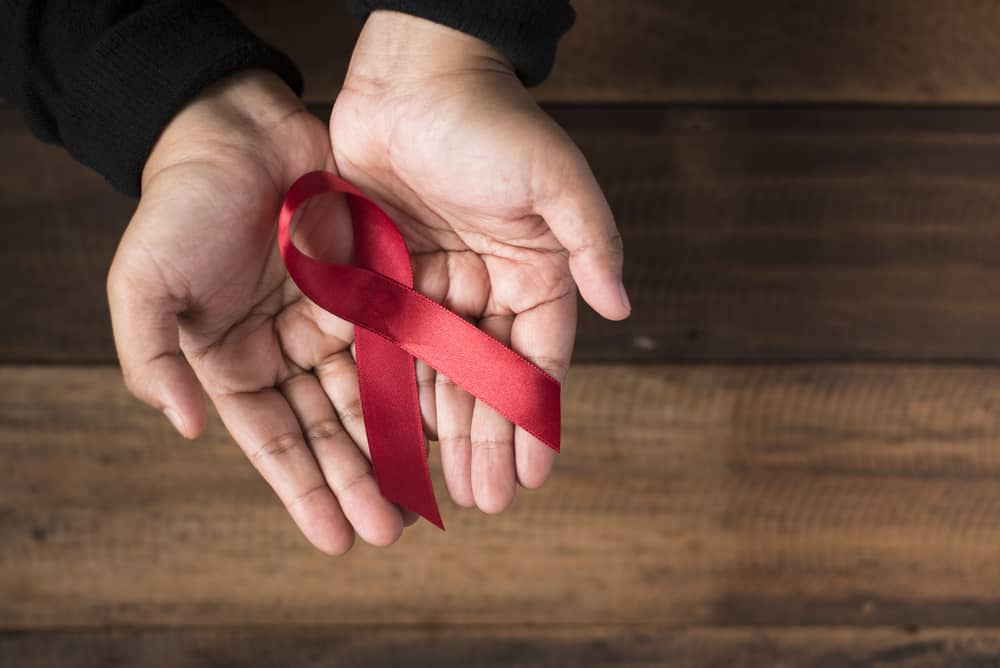Contents:
- Medical Video: Diabetic Kidney Disease | Robert Stanton, MD, Joslin Diabetes Center
- What are the causes of diabetic kidney disease?
- Are some people more likely to have diabetic kidney disease?
- I have diabetes. How do I know the condition of my kidney?
- Are there tests that can be done to check if I have kidney disease?
- How long does it take for the kidney to be affected?
- What can I do to prevent kidney disease?
- If my kidney has been attacked, can I treat it so that it doesn't get worse?
- Is there a treatment that can help me?
- How many people with diabetic kidney disease develop to become total kidney failure?
- If I suffer from kidney failure, what can I do?
Medical Video: Diabetic Kidney Disease | Robert Stanton, MD, Joslin Diabetes Center
Diabetic kidney disease is a decrease in kidney function that occurs in some people with diabetes. Indicates that your kidneys are not doing their job as well as they used to in removing waste products and excess liquid from your body. This garbage can accumulate in the body and cause damage to other organs.
What are the causes of diabetic kidney disease?
The causes of diabetic kidney disease are very complex and tend to be related to many factors. Some experts feel that changes in blood circulation in the glomerulus may have an important role.
Are some people more likely to have diabetic kidney disease?
Yes. The following risk factors are associated with an increased risk of developing this disease: high blood pressure, poor sugar control, hereditary factors and diet.
I have diabetes. How do I know the condition of my kidney?
At the initial stage, there may not be any symptoms. When kidney function declines further, toxic waste accumulates, and patients often feel pain in their stomach and vomiting, loss of appetite, hiccups and weight gain due to fluid retention. If left untreated, it can develop into heart failure and the presence of fluid in the patient's lungs.
Are there tests that can be done to check if I have kidney disease?
Yes. The diagnosis is based on the presence of abnormal amounts of protein in the urine. Various types of tests can be done to check if someone has kidney disease or not. The most commonly used are serum creatinine and BUN (blood urea nitrogen) This is not a sensitive test because they will not show changes until the patient's disease progresses to more severe conditions. Other sensitive tests are: creatinine, glomerular filtration rate (GFR) and urine albumin.
In patients with type I diabetes, a diagnosis of early kidney disease can be based on the presence of small amounts of protein in the urine (microalbuminuria). Special methods are needed to measure this small amount of protein. When the amount of protein in urine becomes large enough to be detected by standard tests, patients are said to have "clinical" diabetic kidney disease.
How long does it take for the kidney to be affected?
Almost all type 1 diabetes patients show some evidence of changes in kidney function within two to five years of diagnosis. About 30 to 40 percent progress in more serious kidney disease, usually in about 10 to 30 years.
While in type 2 diabetes there is little explanation, but it is believed to have the same process, except in diabetes this usually occurs at an older age.
What can I do to prevent kidney disease?
There is evidence that careful sugar control helps prevent kidney disease in diabetics. You should take your doctor's advice seriously regarding diet and medications that help control your sugar level.
If my kidney has been attacked, can I treat it so that it doesn't get worse?
Perhaps the development of kidney disease can be delayed or prevented. Because high blood pressure is one of the main factors predicting which diabetics will develop kidney disease more seriously, it's important to always take your high blood pressure pills if you have high blood pressure. Your doctor may also recommend that you follow a low-protein diet, which decreases the amount of work your kidneys have. You should continue to follow your diabetes diet and take all prescribed medicines.
Is there a treatment that can help me?
Yes. Some studies suggest a group of high blood pressure drugs called ACE inhibitors might help prevent or delay the development of diabetic kidney disease. These drugs reduce blood pressure in your body, and they may reduce pressure in kidney screening (glomerulus). They also appear to have beneficial effects not related to changes in blood pressure. Patients who use these drugs may have less protein in their urine. You might want to talk with your doctor to find out if this drug can help you.
How many people with diabetic kidney disease develop to become total kidney failure?
About 30 percent of type 1 diabetics and around 10 to 40 percent of type 2 diabetics will progress to the final stages of kidney failure, requiring treatment to survive. Certain population groups, such as Africans, Hispanics and Indians, have a higher risk of developing kidney failure than type 2 diabetes compared to Caucasians.
If I suffer from kidney failure, what can I do?
If your kidney fails, you can receive dialysis treatment or you may be a candidate for a kidney transplant. The two types of dialysis available are - hemodialysis and peritoneal dialysis. Your doctor will discuss these treatment options with you. Decisions regarding the best treatment for you will be based on your medical condition, lifestyle and choices.












